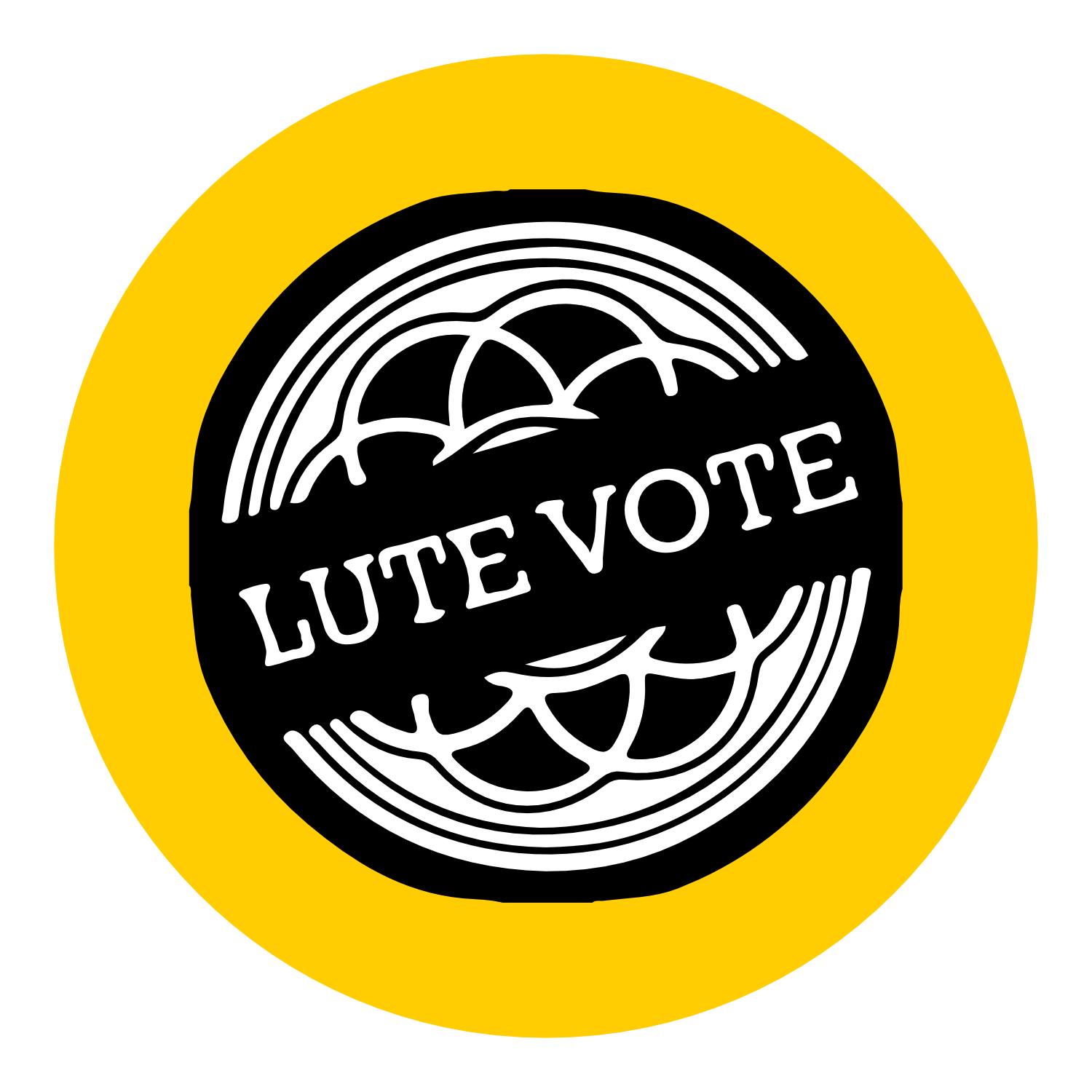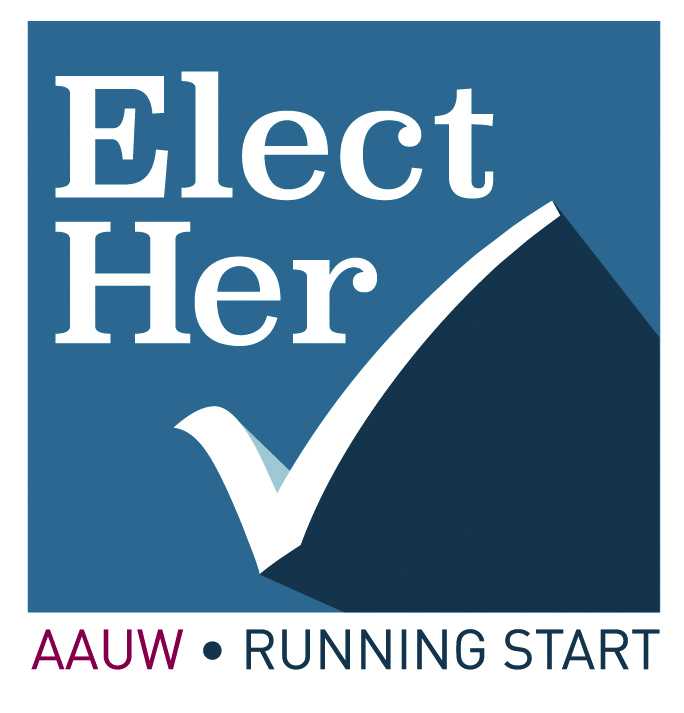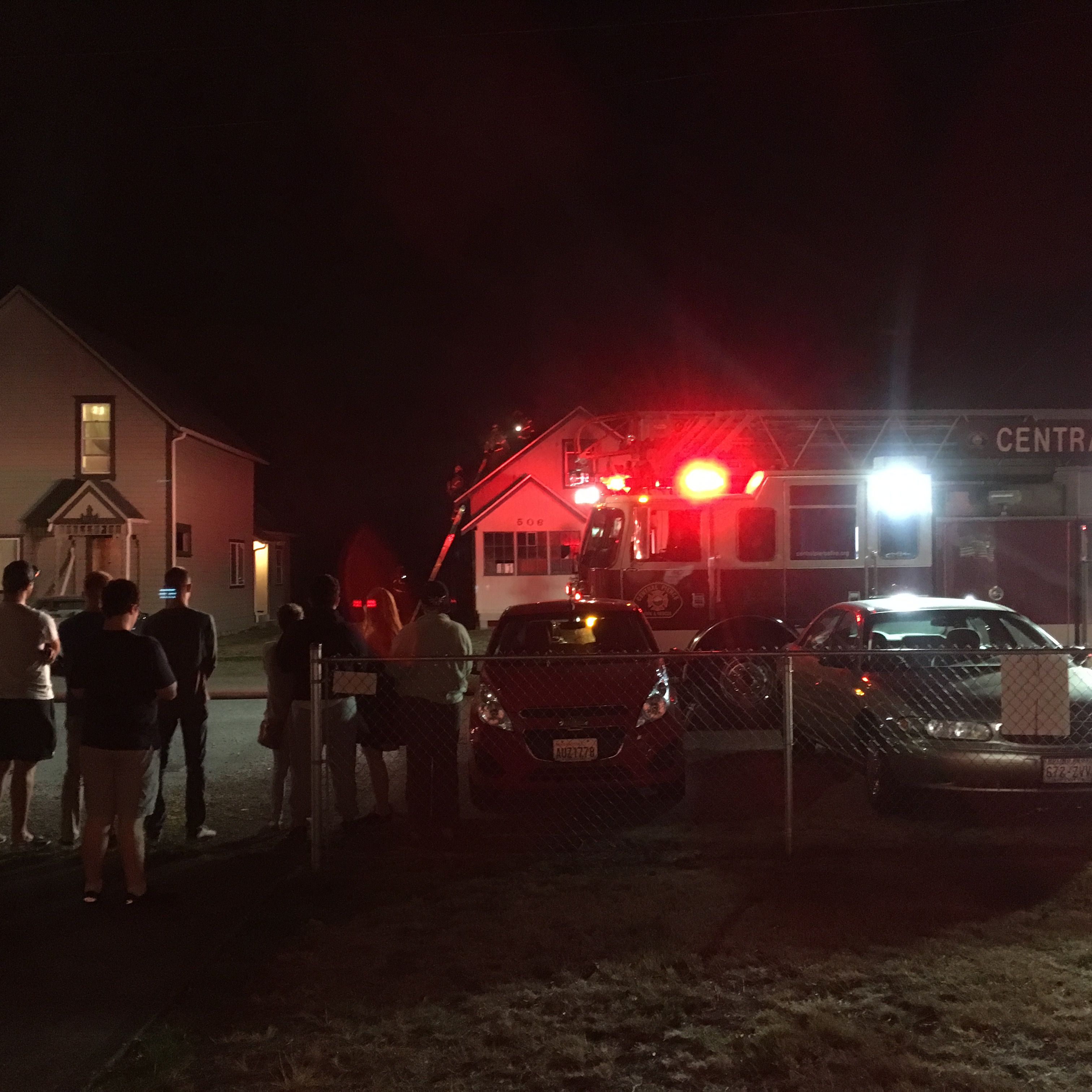By Gurjot Kang
This article is from the February 27, 2020 print edition of The Mast newspaper.
Compared to 2016, voting in the upcoming Washington state presidential primary is more pertinent than ever following a decision to throw out the Democratic and Republican Party caucuses for one simple mail-in ballot instead.
In past presidential nomination cycles, Washington has often been overlooked due to their late May primary. But in 2019, state lawmakers voted to move the primary up to March 10 to give the state greater momentum in the nominating process.
As a result, for the first time ever, the outcome of the primary will have a hand in assigning the state’s delegates for the Democratic National Convention in July.
The decision to move up the primary has already awakened the region from a deep slumber, with visits by democratic presidential candidates. On Feb.17, Bernie Sanders hosted a rally at the Tacoma Dome to a packed crowd of thousands, and on Feb. 22, Elizabeth Warren held a large rally at the Seattle Center Armory.
There are hopes that the special importance placed on this year’s primary election will increase voter turnout in the state. In 2016, only 34.78 percent of 4,088,029 registered voters turned out for the state primary, based on data from the Washington Secretary of State website.
“I think it’s a really exciting first to be earlier in the process and to have more of a voice in who the nominee of the party is going to be,” said PLU Assistant Professor and Chair of the Political Science Department, Michael Artime.
Artime also emphasized how the state’s switch from a caucus to primary system will help bring in more voices to the nominating process.
“There’s a lot of things that make caucusing…not a very inclusive practice,” said Artime. “It requires people to spend hours at a caucus site, not everybody has the ability to devote hours during their day to going to these events. It excludes people who can’t physically be there, whether that is because of some sort of health impairment, or whether they live out-of-state.”
Washington state isn’t an outlier in wanting to shift toward a more inclusive nomination process.
Since the technical mess of reporting results in Iowa, there has been an increase in calls to change up the presidential nomination process. One criticism is that the first two states voting in the process don’t accurately represent the American electorate; over 90 percent of Iowa and New Hampshire is white. Former presidential candidate Julian Castro has advocated that an ethnically diverse and representative state, like Nevada, should go first instead.
The other large criticism, which Artime mentioned, is that the Caucus system discourages key voters from participating. These voters include out-of-state college students, like those who attend PLU and are unable to travel home for their state’s caucuses.
Luckily though, for students at PLU wanting to learn more about the nomination process or become politically involved in other ways, Lute Vote is here to help. Lute Vote is a sub-group of ASPLU that focuses on encouraging civic participation and voter turnout in the PLU and Parkland community.
The organization has helped register hundreds of students to vote and submitted over 80 ballots for a special election last semester. In spring semester, the organization will be holding more events, including a Super Tuesday Watch Party with the Political Science Department on March 3 at 5 p.m. in CK Hall East.
For the Washington primary on March 10, Lute Vote Director Deanna Hobbs ‘20 encourages students to not underestimate the impact of their vote.
“When Obama was elected we saw how much power the youth vote has and how that can literally alter an entire election,” said Hobbs. “You can pick what you care about and you can get some people on board to change the election in positive ways. I think if college students specifically understand their weight and worth, they are more likely to get civically involved.”
Hobbs also emphasizes that this time around, Washington primary voters must choose one candidate on the entire ballot and sign a political party declaration on the return envelope that matches their pick. The party declaration won’t affect the November general election where voters can still choose a candidate from either party.
The WA primary will come a week after Super Tuesday, on March 3, where a third of delegates for the Democratic National Convention will be allocated, with 14 states and the U.S. territory of American Samoa all voting on the same day.
Registered voters in Washington should start receiving their ballots in the mail around Feb. 21. All ballots must be postmarked or turned into an official drop box before 8 p.m. on March 10. For those mailing in ballots, it’s recommended to mail them in by March 6.
PLU students can turn in their ballot to AUC 280. Lute Vote will also be holding an event (date to be announced) before the Washington state primary where students can drop off their ballots into a large box. To volunteer or hear more from Lute Vote, go here: http://www.bit.ly/lutevolunteer, or contact them at newlutevote@plu.edu.
Not Registered to Vote for the WA primary?
- Register to vote online at https://voter.votewa.gov/WhereToVote.aspx until March 2.
- Register to vote in person at a local county elections office before 8 p.m. on March 10. Find an office here: https://www.sos.wa.gov/elections/auditors/.
Not from WA?
- Go here to learn how to register to vote in your state: https://vote.gov/.























